Seed Trays: 5 Tips to Speed Up Germination and Boost Seedling Vigor
2025-07-08 17:51:33
For gardening enthusiasts, using seed trays for seedling propagation is both enjoyable and rewarding. However, slow germination or weak seedling growth can sometimes be frustrating. Don’t worry—this article shares five practical tips to help you accelerate seed germination and promote robust seedling development.
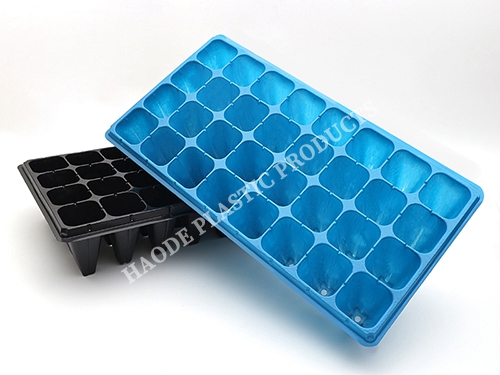
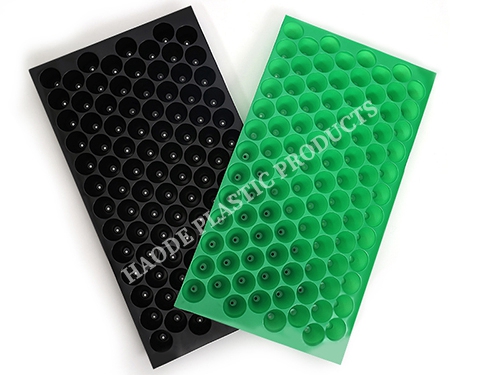
1. Choose High-Quality Seeds and Suitable Seed Trays
High-quality seeds are the foundation of successful propagation. Always select fresh seeds from reputable suppliers and prioritize varieties that suit your local climate and season. Newly harvested seeds usually have higher germination rates, so check the production date on the packaging before purchasing.
Selecting the right seed tray is equally important. Ideal seed trays should have good drainage to prevent waterlogging and seed rot. Material choice also matters—plastic trays are durable and easy to handle, while eco-friendly pulp or biodegradable trays appeal to those pursuing sustainable gardening. Choose products that fit your specific needs, providing a stable and healthy starting environment for your seeds.
2. Manage Temperature and Humidity to Optimize Germination Conditions
Temperature control: Most seeds germinate better in warm environments. Place your seed trays in a warm spot indoors or use a heating mat to regulate bottom temperature. Different seeds require different optimal germination temperatures, so consult plant guides beforehand.
Humidity maintenance: Keeping the environment moist but not waterlogged is crucial for successful germination. Use a spray bottle to mist water regularly, and cover the tray with a transparent plastic dome or cling film to create a stable, humid mini-greenhouse.
3. Provide Adequate Light to Enhance Photosynthesis
Natural or supplemental lighting: Once seeds sprout, they need light for photosynthesis. Position seed trays on well-lit windowsills. If indoor light is insufficient, supplement with grow lights such as LEDs.
Light duration: Most seedlings require 12-16 hours of light per day. Using a timer can help precisely control the light cycle, promoting steady growth.
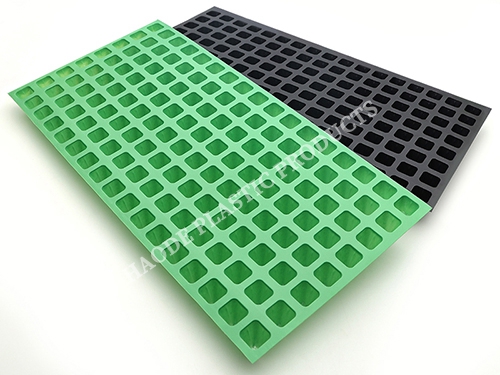
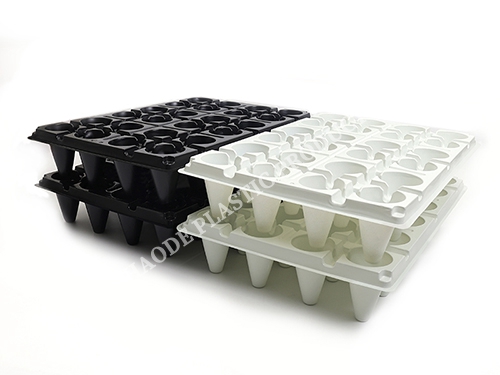
4. Apply Fertilizer Scientifically to Supply Nutrients
Nutrient supply: Early seedlings require minimal nutrients. Use diluted liquid organic fertilizers, such as seaweed extract, applying lightly every one to two weeks.
Avoid over-fertilizing: Excess nutrients can cause seedlings to become leggy or damage roots. Follow the principle of “small amounts, frequent applications,” adjusting frequency and concentration according to seedling growth.
5. Transplant and Thin Seedlings to Optimize Growing Density
Timely transplanting: When seedlings develop 2-3 true leaves, their root systems are strong enough for transplanting into larger pots or beds. Handle roots carefully during transplanting to ensure survival.
Thinning enhances competitiveness: If seedlings are overcrowded in trays, thin out weaker ones to provide stronger plants with more space, light, and nutrients.
Conclusion
By optimizing seed and tray selection, strictly managing temperature and humidity, providing proper lighting and fertilization, and practicing scientific transplanting and thinning, you can significantly speed up germination and improve seedling health. These tips are suitable for beginners and gardeners looking to boost yield and efficiency. Hopefully, this guide inspires and assists your gardening journey.
References (International Academic Journals):
Horticultural Science
Plant Physiology
Frontiers in Plant Science
Soil Science
Horticultural Reviews

The CNC Seed Braiding Machine is a high-precision, fully automated agricultural equipment s...
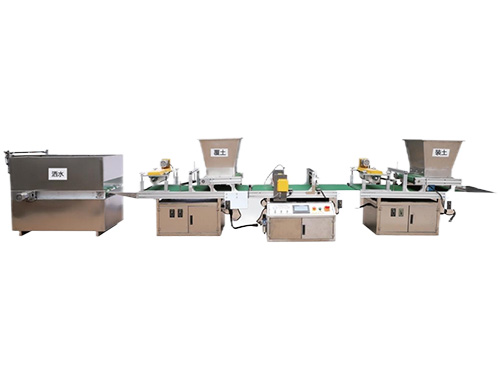
It adopts electrical integration and can be started by pressing the fully automatic button ...
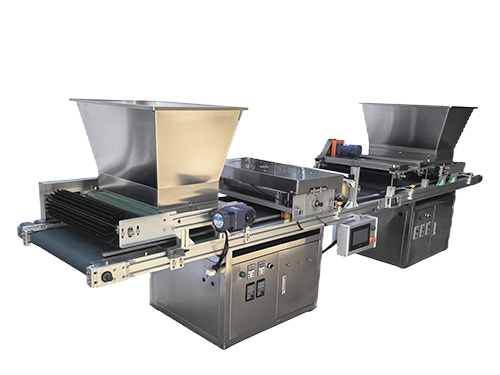
The XP750 seeder has stable performance, excellent product quality, simple and convenient o...
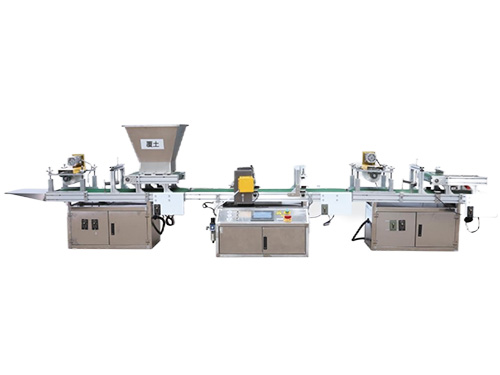
It adopts electrical integration and can be started by pressing the fully automatic button ...



